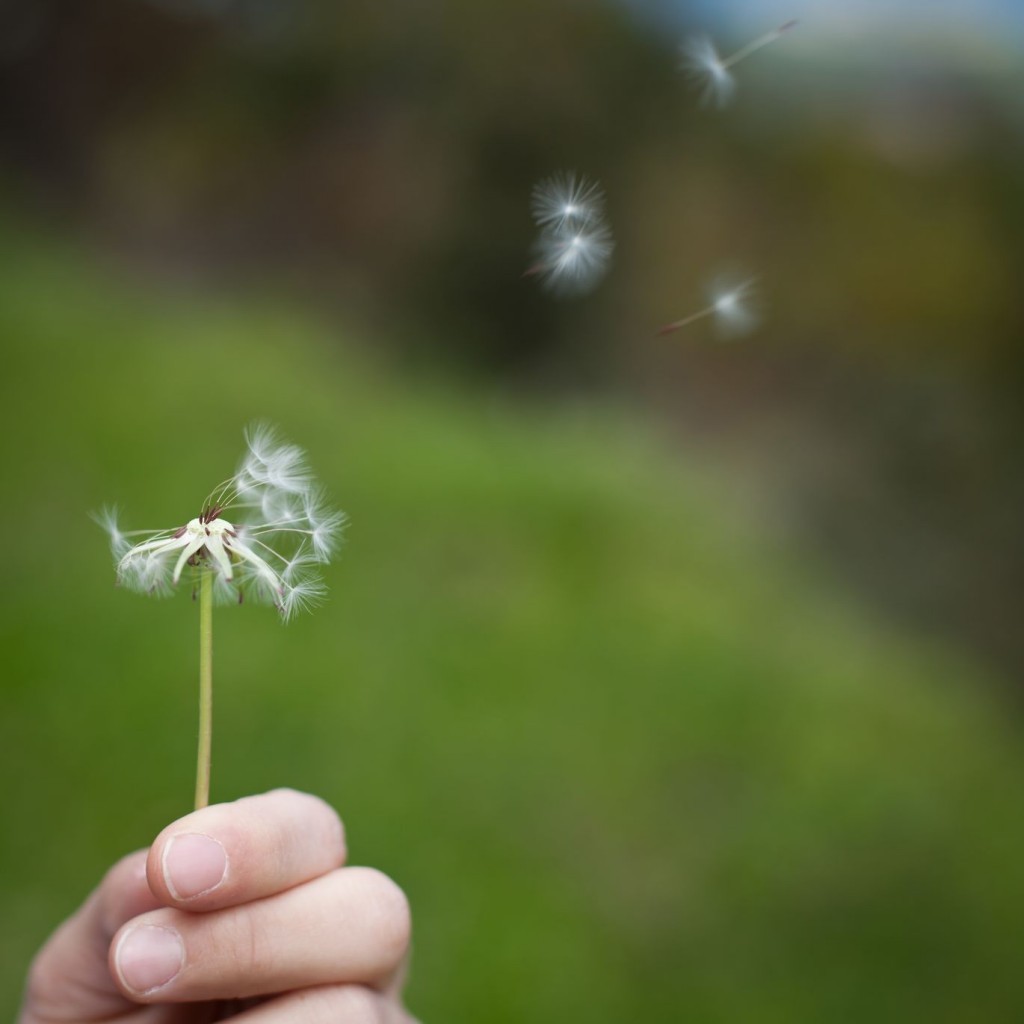Two years ago in early April I stepped out of a meeting to call my allergist for blood work results. Over the previous six months, I had noticed changes in my skin, digestion, and every day wellness. I was experiencing nearly constant sinus infections and, even though I took my daily allergy pill, I still felt a constant itchy throat, grogginess, and dull headache. When the receptionst came back on the line with my results, her reaction was startling:
“Are you okay?!”
“…Yes? I think so. Why?”
“You’re allergic to…to…everything.”
I had expected that the list might be long, but, as it turned out when I received the printout in the mail a few days later, it was four pages long in teeny-tiny type. That day over the phone, I asked for the worst of it. I listened as she went through the list of things I was severely allergic to: grass, literally every tree you can think to name, including any of their leaves, nuts, or flowers, dust and dander, shellfish, tomatoes, chicken, oats, and on and on and on. Somewhere along the way I interrupted her and said, “What about coffee? Is coffee okay?!” and heaved a sigh of relief when she said I was good with coffee.
Regardless, by the end of the phone call, I felt like I would be living in a bubble with my Bodum and not much else.
To say that seasonal allergies affect me is a pretty huge understatement. Most everyone knows what seasonal allergies feel like when they come around–itchy eyes, runny nose, scratchy throat, an overall feeling of being tired–and none of it is pleasant. Much of the blame can be placed on pollen.
Just in case you’re thinking, “I’ve never had allergies, I’m all good!” Dr. Ravi Gutta, head of Allergy Clinics at University of California, Irvine, believes 2014 will be one of the most difficult allergy seasons on record. In a Today article, he stated: “Not only has there been an increase in the release of pollen, but the pollen itself is more allergenic, more potent.”
Here are a few tips to help ease some of your discomfort this allergy season:
Remove clothing you’ve worn outside when you come inside. You may also want to shower and wash your hair after returning home from a day outdoors to get nature’s boogers off of you.
Don’t hang laundry outside–pollen tends to stick wherever it can–and keep your windows closed on high-pollen days. You can check pollen counts on the website for your local newspaper or by visiting websites like weather.com
If exercising first thing in the morning is your thing, you may want to reconsider during the worst of your allergies. Pollen is most present in the early morning.
Rinse your nasal passages. If you’re like me, neti pots sort of terrify you (Deadly brain-eating amoebas? No thanks), but they have been proven to be an inexpensive and effective way to relieve nasal congestion. Another option is a sterile saline nasal spray.
Take an antihistamine. A 24-hour pill like a Zyrtec or generic Loratadine taken once a day can help with your symptoms and bring you back out of that brain-fog or sneeze-attack.
Consider an over-the-counter steroid nasal spray like Nasacort (I’m sure you’ve seen a bagillion commercials and advertisements about it already…)–it relieves nasal congestion and discomfort and is a powerful anti-imflamattory. This particular medication takes longer to work, usually 2-3 days, so best to start taking it as soon as symptoms present themselves or earlier if you can.
If all home remedies and precautions fail, consider visiting your doctor or an allergist. Getting a full run-down of your allergies can be done with a quick and simple blood test that will help you target what specifically to avoid. An allergist can also walk you through options like allergy shots and prescribe helpful medications.
Allergies are experienced, and helped, differently by everyone. Nasacort gives me terrible headaches and Zyrtec doesn’t work for me at all. Loratadine and saline nasal spray are my shields against these seasonal bad guys. Regardless of what works to relieve them, seasonal allergies can really take a toll on you this time of year.
But, hey, it could always be worse–you could be allergic to tomatoes and chicken.

















